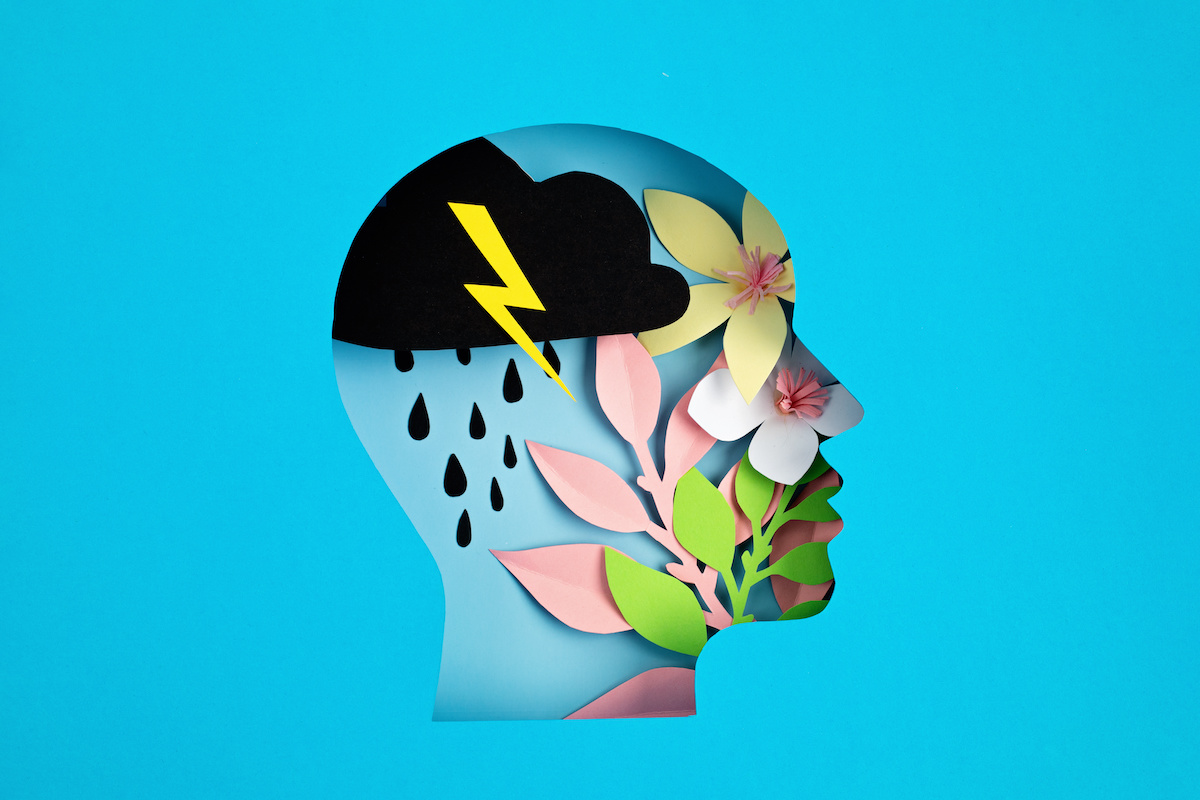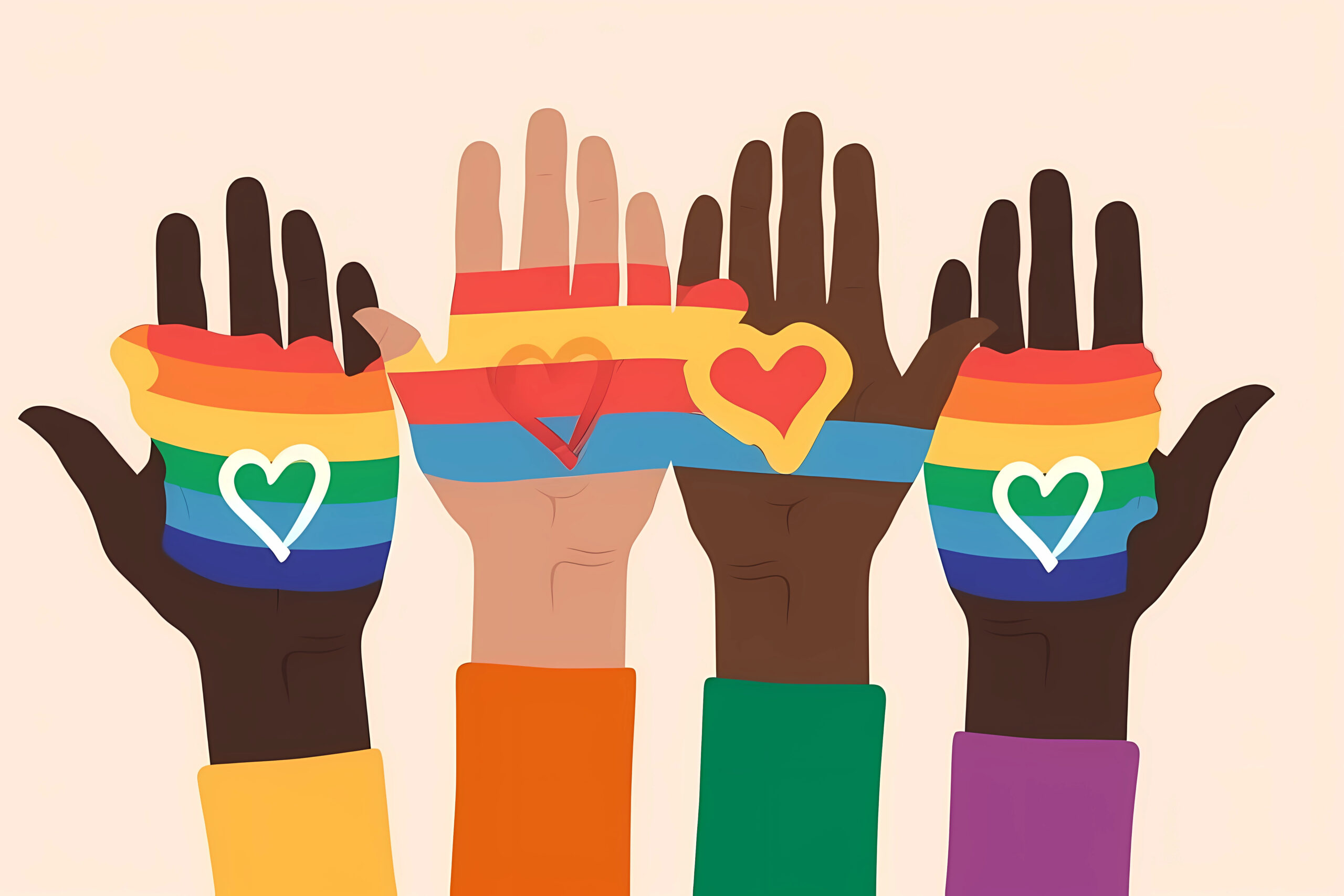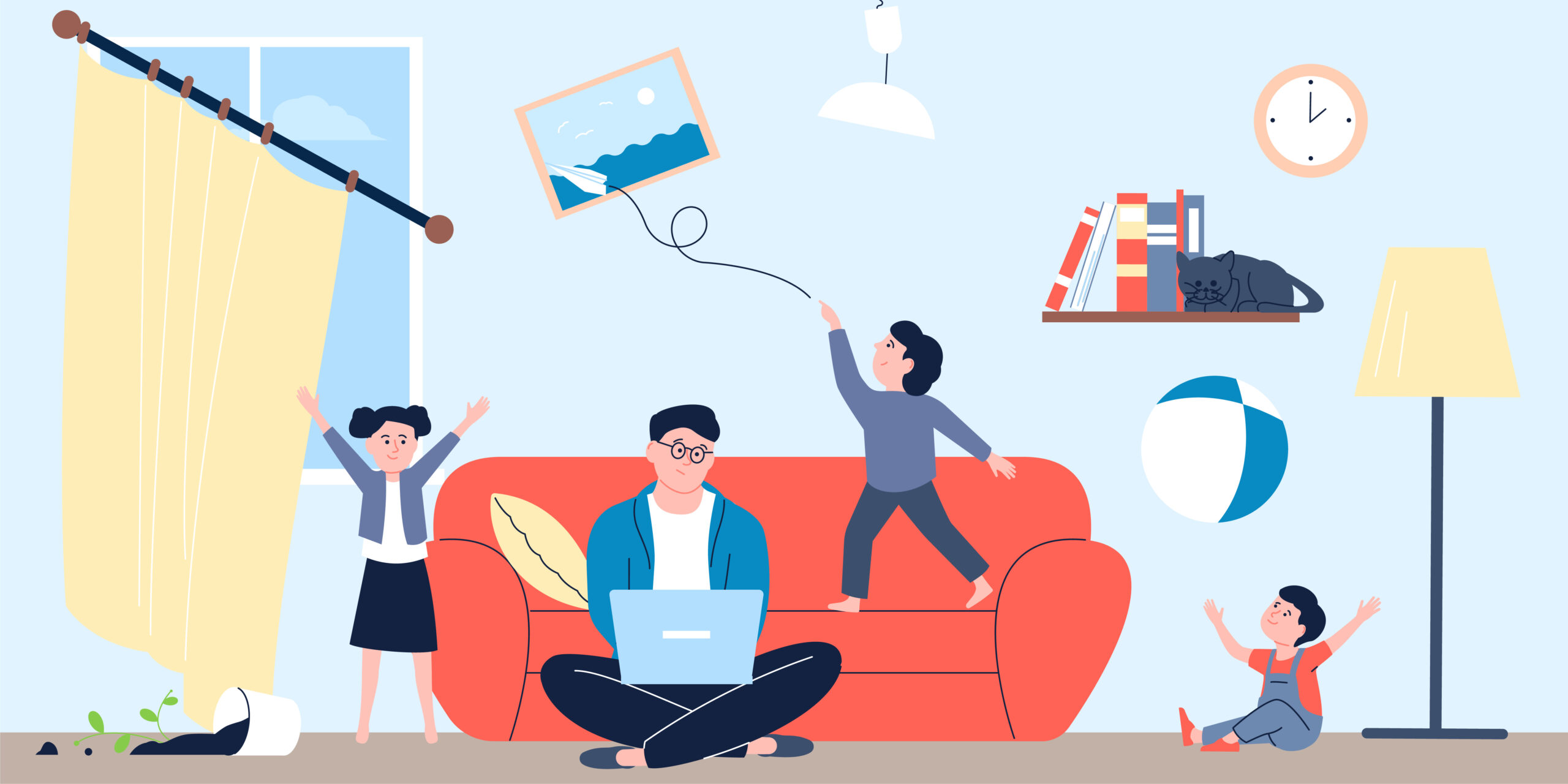There’s a mental health crisis in America.
The COVID-19 pandemic has had a profound impact on the mental health of people of all ages, but even before the pandemic, the prevalence of mental illness among adults was increasing, affecting 1 in 5 adults – nearly 47 million Americans.
Numerous studies show that mental health in the United States is worsening among all age groups. While this is due for myriad reasons, one stands out: too many people are not getting the treatment they deserve.
Stigma around mental health and insufficient access to care are driving many people away from getting the care they need. 60% of young people with major depression did not receive any mental health treatment in 2017–2018. And among youth with severe depression, only 27.3% received consistent treatment. In addition, 23.6% of adults with a mental illness reported an unmet need for treatment in the same period — a number that has not declined since 2011.
You may be surprised to learn that in the United States, 55% of counties have no psychiatrist, psychologist, or social worker — and 70% don’t have a single child psychiatrist. Wait times for substance abuse care can be weeks (or months) long: 70% of those that needed substance use treatment in 2017 did not receive it. To heap insult on injury, many practices have closed or reduced their capacity in response to pandemic health concerns.
Lockdown saw a spike in demand for therapy. With movement restricted, digital alternatives stepped in as traditional methods of treatment were unavailable. With a reported 36% of Americans sharing that COVID-19 has impacted their mental health, there is an overflow of new patients in need of support.
The United States has long suffered from a severe shortage of mental health care services. But the pandemic has spotlighted the effectiveness and availability of digital and virtual mental health care, and by doing so, may just have thrown a lifeline to our mental health system.
Digital technology and virtual care present an emerging opportunity to address Americans’ growing mental health needs and the shortage of providers. The digital mental health space has been in ascension for some time — but growth and adoption have been accelerated by 2020. Globally, investors poured over $1 billion into mental health and wellness startups in 2020 alone. As a result, innovative mental health providers are increasingly merging digital tools and virtual care to craft a robust ecosystem for end-to-end patient care, including guiding patients to in-person care when needed. This digital and virtual care toolbox provides the mental health care system with scalable solutions with flexibility baked in, while amplifying access and convenience for consumers.
It’s a digital revolution in the mental health space — and these are some of the leading players.
Talkspace
Talkspace has been connecting users with licensed therapists from the palms of their hands since 2012. They have also created a new digital Employee Assistance Program so businesses can connect staff with support on a wide range of issues, including mental health, finance, and even legal advice. During 2020, they offered thousands of free subscriptions to healthcare workers and first responders and discounted subscriptions for everyone else. The online and mobile therapy company is based in NYC and famously had Olympian Michael Phelps in their TV ads.
Calm
Launched in 2012, Calm is a meditation, sleep, and relaxation app that holds the concept of mindfulness as its North Star. With an aim to make the world “happier and healthier,” Calm creates unique audio content to tackle stress, anxiety, insomnia, and depression. The most popular feature on the app is a 10-minute meditation called ‘The Daily Calm,’ which explores a fresh mindful theme and inspiring concept each day. Calm also has more than 100 Sleep Stories (yes! bedtime stories for adults), plus sleep music, mediation lessons, nature sounds, and more. And it’s popular: It won Apple’s 2017 iPhone App of the Year in 2017, garnered “Editors’ Choice” by Google Play in 2018, and has been voted the “the world’s happiest app” by a major study of 200,00 iPhone users.
Lyra Health
Lyra Health is a technology platform and mental health care provider that works with employers to screen, treat, and coordinate care for employees grappling with mental health challenges. They offer an array of in-person and virtual behavioral therapy to help remove barriers to access to high-quality mental health care. Lyra Health is unique in that it takes a deep dive into the health care delivery system, functioning as a conduit to ensure employees with mental health conditions get quality treatment by the right people. In addition, they employ doctors and can act as a medical provider. Business is booming for Lyra Health; they added more than 800,000 new members since the start of the pandemic and have joined the ranks of other health tech unicorns, having raised a $110 million Series D round in August 2020.
Headspace
Headspace is a mindfulness and meditation app founded by a former Buddhist monk who narrates most of the guided meditations. The company recently landed $140 million in new capital to continue building its vision of bringing meditation and mindfulness practices to the people. Started in 2010, it’s an excellent app for beginners, with guided meditations, sleep techniques, and mindful workouts — there’s something on the app for all. Headspace is one of the top mindfulness apps globally, only second after Calm, according to Tech Crunch, garnering millions of downloads.
Mindstrong
Mindstrong is an innovative mental health app that pairs patients with a network of providers to deliver personalized mental and behavioral healthcare via a digital biomarker tracker of mood and cognition that analyzes patterns of smartphone interaction. Turns out that how we navigate our phones is an indicator of cognitive and emotional health and can reveal as much as a psychological test. The app (which just raised $100 million in Series C capital this past week) monitors things like how a person types, taps, and scrolls while using other apps. The seemingly mundane particulars of how you interact with your phone offer surprising insights into your mental health and can, according to the company’s data, reveal, for example, a depression relapse. Mindstrong aims to predict and act preemptively when possible. Phone interaction data is encrypted, analyzed remotely using AI, and the results are shared with the patient and their medical provider.
Changing cultural sentiment, evolving technology, and increased funding are making mental health accessible to more people — a huge opportunity to address one of the most significant unmet needs in American healthcare today.
Many employers have begun to embrace the value of these digital mental and behavioral health services, with an incredibly robust uptake during the pandemic. They are offering them as core employee resources or discounted benefit services. And for great reason: a 2018 study published in the US National Library of Medicine showed that 86% of employees reported performing better and had lower absenteeism rates at work after receiving treatment for depression.
If you, your family, friends, coworkers, and neighbors could all be just a bit happier, our society will indeed be a better place.
About the author.
An award-winning creator and digital health, wellness, and lifestyle content strategist—Karina writes, produces, and edits compelling content across multiple platforms—including articles, video, interactive tools, and documentary film. Her work has been featured on MSN Lifestyle, Apartment Therapy, Goop, Psycom, Yahoo News, Pregnancy & Newborn, Eat This Not That, thirdAGE, and Remedy Health Media digital properties and has spanned insight pieces on psychedelic toad medicine to forecasting the future of work to why sustainability needs to become more sustainable.



